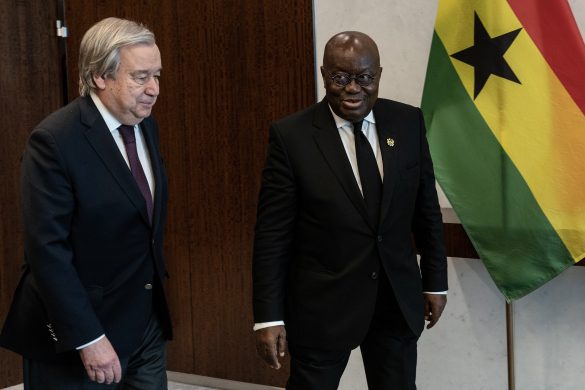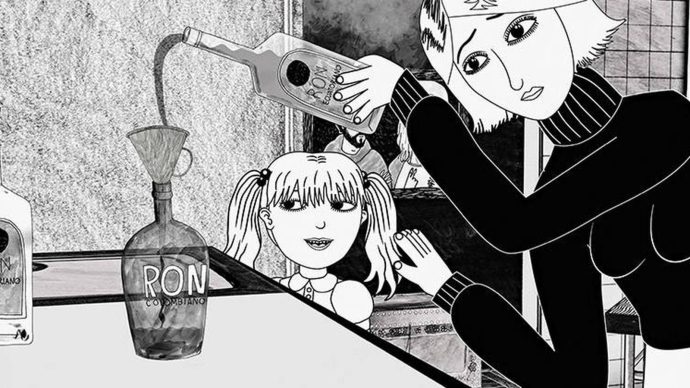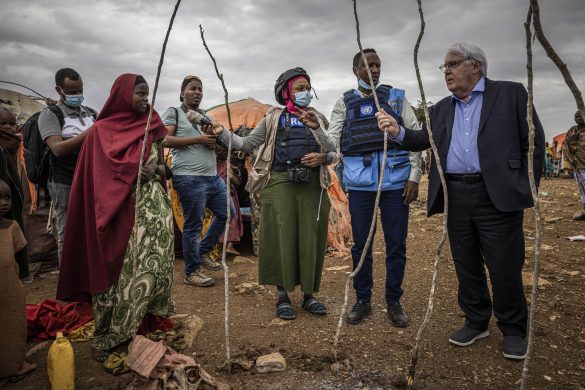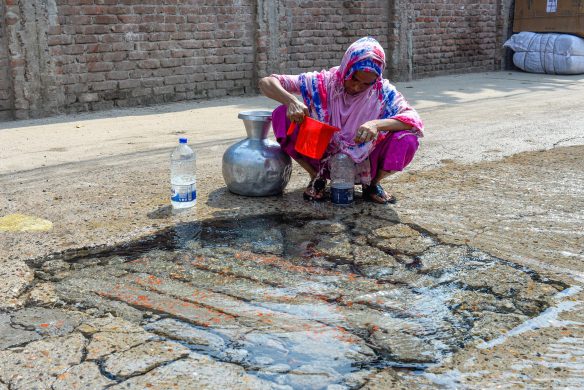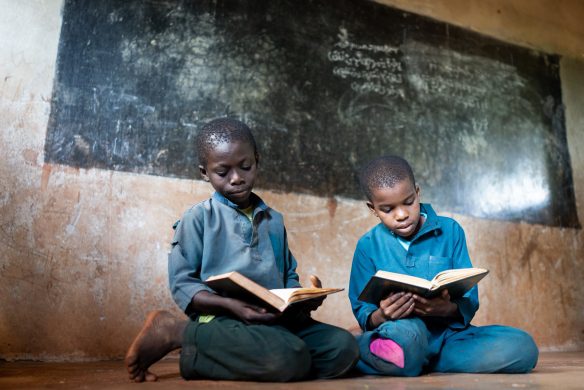The World Bank Board of Executive Directors Wednesday approved a 25 million US dollar, zero-interest credit to support the Government of Bolivias social development agenda.
The Social Sectors Programmatic Structural Adjustment Credit will help Bolivia maintain progress in the social sectors and improve access of the poor to basic services in health and nutrition, education, water and sanitation, and social protection in a time of fiscal crisis.
– Human development is a central element for achieving sustained growth, poverty reduction and more equity in Bolivia, said Marcelo Giugale, World Bank Director for Bolivia, Ecuador, Peru and Venezuela. – In the current social and fiscal situation, Bolivia needs to ensure it has the necessary means to help the poor and reduce social tensions, added he.
The credit will support the following objectives in each sector:
– Health and Nutrition: expand coverage of primary health care to further reduce maternal and child mortality, malnutrition and anemia; reduce the incidence of communicable diseases and increase the coverage of immunizations;
– Education: develop the Bolivian Educational Strategy with popular participation, increase completion rates in primary education and improve secondary education;
– Water and Sanitation: implement new financing and technical assistance policies to improve the management and efficiency of service providers and increase access to water and sanitation services;
– Social Protection: create and implement a social protection network, improve the efficiency of the Emergency Employment Program (PLANE), and introduce incentives for the achievement of the Millennium Development Goals (MDGs);
– Accountability and Transparency: increase citizen access to information on public social sector expenditures and social results, for the participatory monitoring and evaluation of progress towards achieving the MDGs.
– This Program will help Bolivia achieve the Millennium Development Goals by reducing disparities in outcomes across different regions, ethnic groups and income groups, said Juan Pablo Uribe, World Bank task manager for the project. – It will also make social programs more effective and sustainable, with greater results orientation and accountability, through increased civil society engagement.
This International Development Association (IDA) programmatic structural adjustment credit is the first in a series of three single tranche Social Sectors Programmatic Structural Adjustment Credits (SSPSAC). It is repayable in 20 years and has a ten-year grace period. The total project cost is approximately 34,5 million US dollar.
For more information on the World Bank and Bolivia, please visit: www.worldbank.org/bo. Kilde: www.worldbank.org
Verdensbank-penge til sociale programmer i Bolivia









